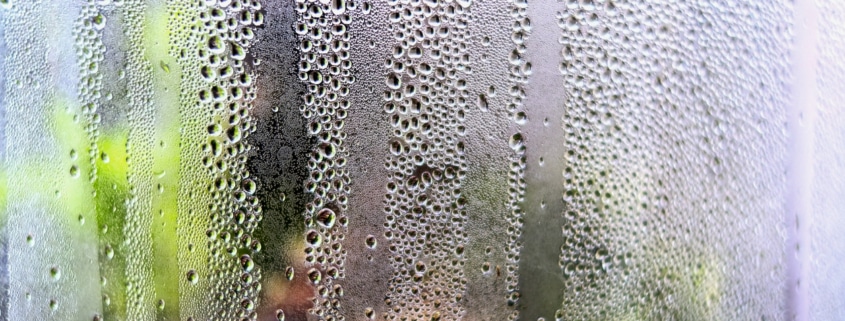How HVAC Systems Control Humidity
When you feel sticky on a hot summer day or your skin feels dry in January – that’s due to humidity, or the amount of moisture in the air. Humidity significantly affects your personal comfort, and it also impacts the efficiency of your HVAC system. In this blog post, we will discuss how HVAC systems control humidity and explore the effects of humidity on both HVAC systems and personal comfort.
Humidity in Michigan
The state of Michigan is surrounded by water, and it also has more than 11,000 inland lakes or 1,300 square miles of inland water. We are a water-rich state, which is a blessing. We also have to deal with fluctuations in humidity, which can be less pleasant. The humidity in Michigan varies throughout the year because we experience four distinct seasons. In spring, summer, and fall, the weather can be quite humid and sticky, while in winter, especially after the furnace kicks on, the air inside and outside is cold and dry.
How HVAC Systems Control Humidity
Dehumidification
During the hot, muggy summer months, your HVAC system works to remove excess moisture from the air by passing warm, moist air over a cooling coil. The moisture condenses on the coil and is drained away. Dehumidification not only makes your home more comfortable, it also helps prevent mold growth and other moisture-related damage.
Humidification
Conversely, during the drier months, your HVAC system can add water to the air. This humidification process helps prevent issues like dry skin, static electricity, and discomfort caused by excessively dry air.
Too Humid or Not Humid Enough?
Humidity affects our personal comfort because it influences how we perceive temperature. High humidity can make a room feel warmer, while low humidity can make it feel cooler. Maintaining the right humidity levels can help occupants feel more comfortable and reduce people’s need (or desire) to fiddle with the thermostat.
Humidity levels also affect personal health. High humidity can make it difficult for our bodies to cool down through evaporation. It’s uncomfortable and can cause lethargy or even heat stroke. Low humidity can lead to dry skin, irritated eyes, and respiratory issues. Balancing humidity ensures that your home will be healthier and more comfortable.
Effects of Humidity on HVAC Systems
The humidity level of your home will affect the efficiency of your HVAC system. High humidity can make a space feel warmer than it actually is, leading to overuse of the air conditioning system. On the other hand, low humidity can make a room feel colder, and you will feel like turning up the thermostat. Maintaining the right humidity level can help HVAC systems operate more efficiently and save you money on energy costs.
If your home is too humid for too long, your HVAC equipment can suffer moisture-related damage. High humidity can also promote the growth of mold and mildew, which can affect system components and air quality. Proper humidity control will extend the lifespan of your HVAC system and reduce the need for frequent repairs or replacement.
Humidity control is an essential aspect of HVAC systems. Properly balanced humidity levels contribute to a more comfortable and healthier indoor environment while allowing HVAC systems to operate optimally. If your home is too humid in the summer or too dry in the winter, there are changes you can make to your HVAC system to alleviate this. Call us at Weinkauf Plumbing & Heating to talk about any problems you’re having with your furnace or air conditioner or upgrades you are thinking of making. We will be happy to discuss your options with you.




